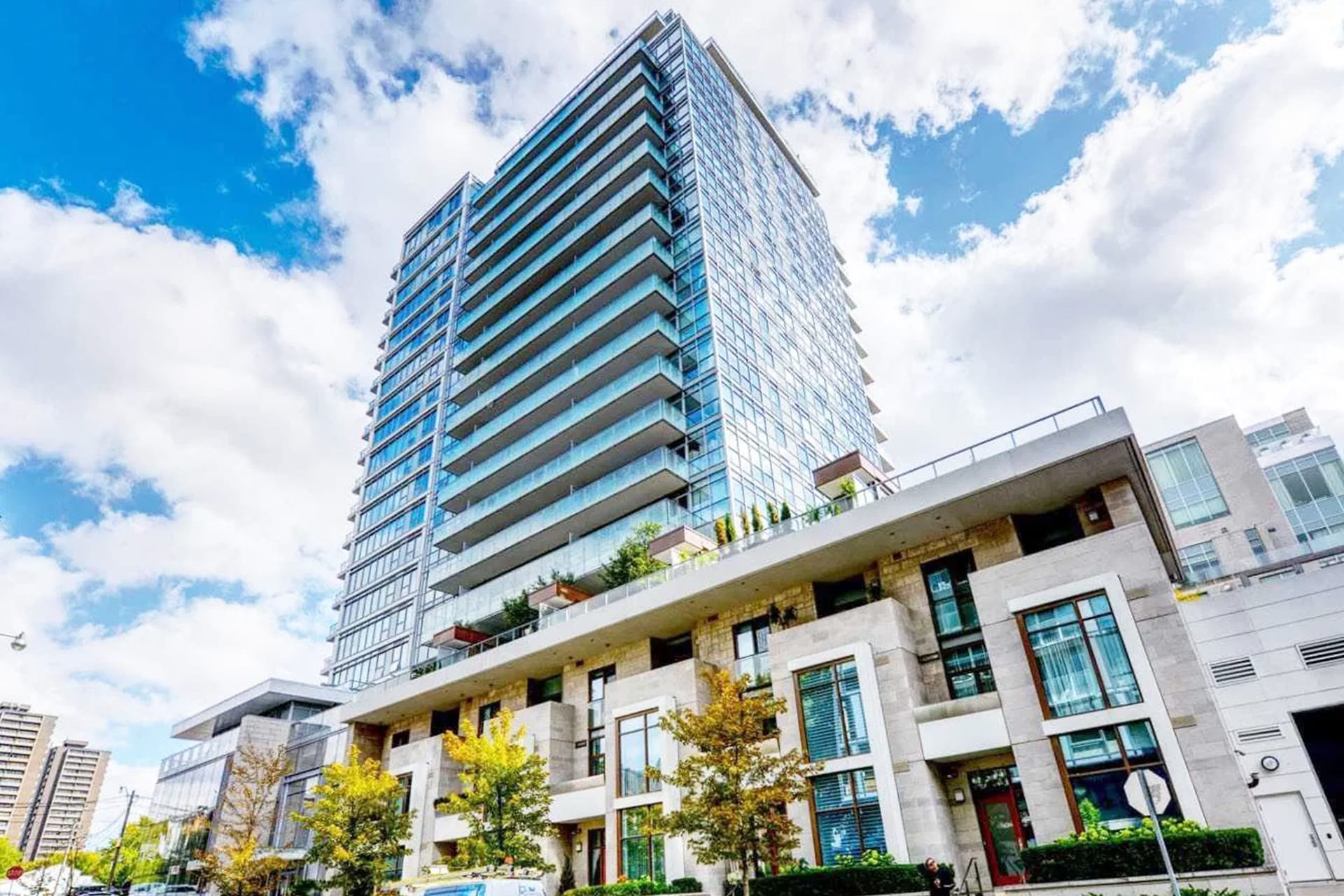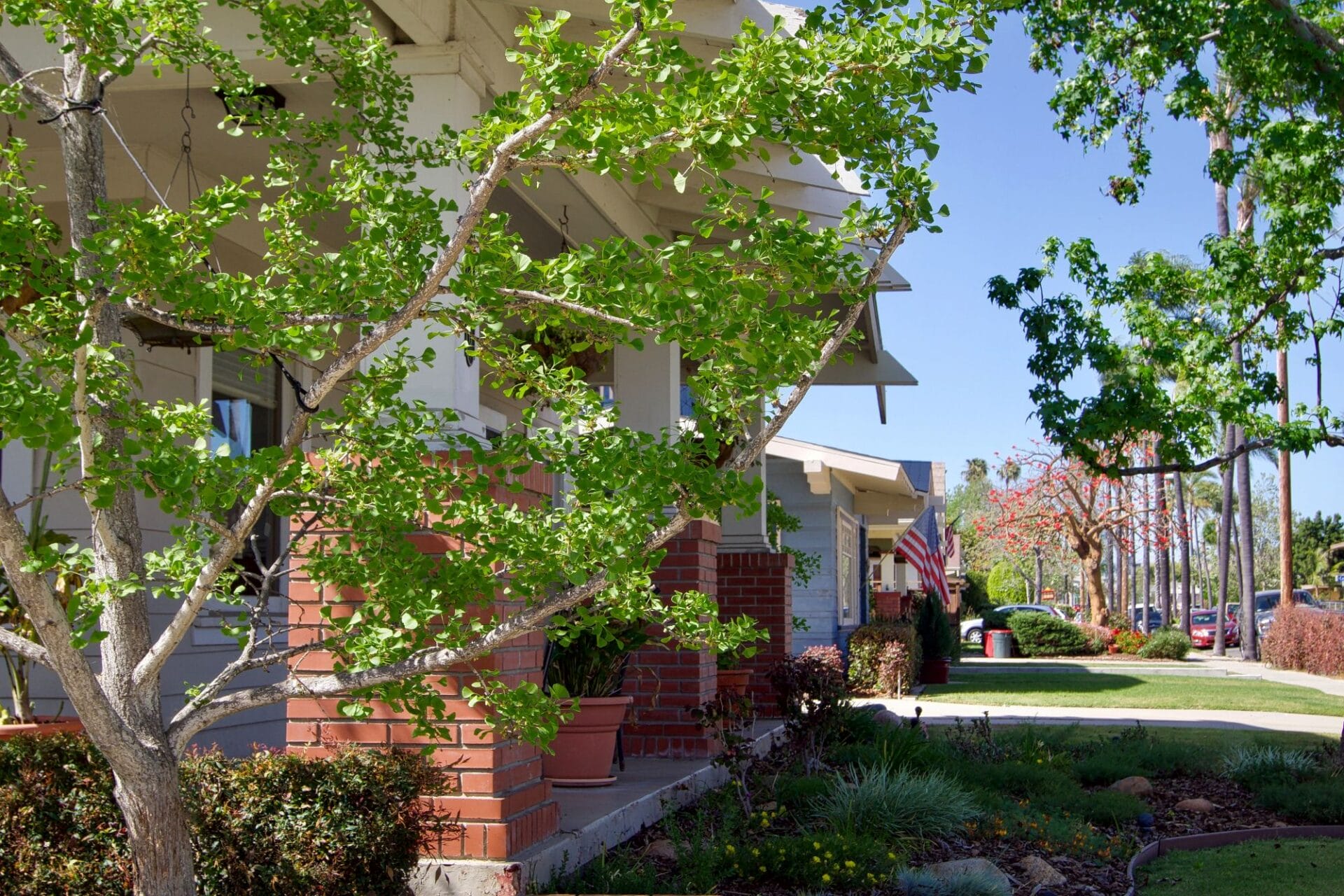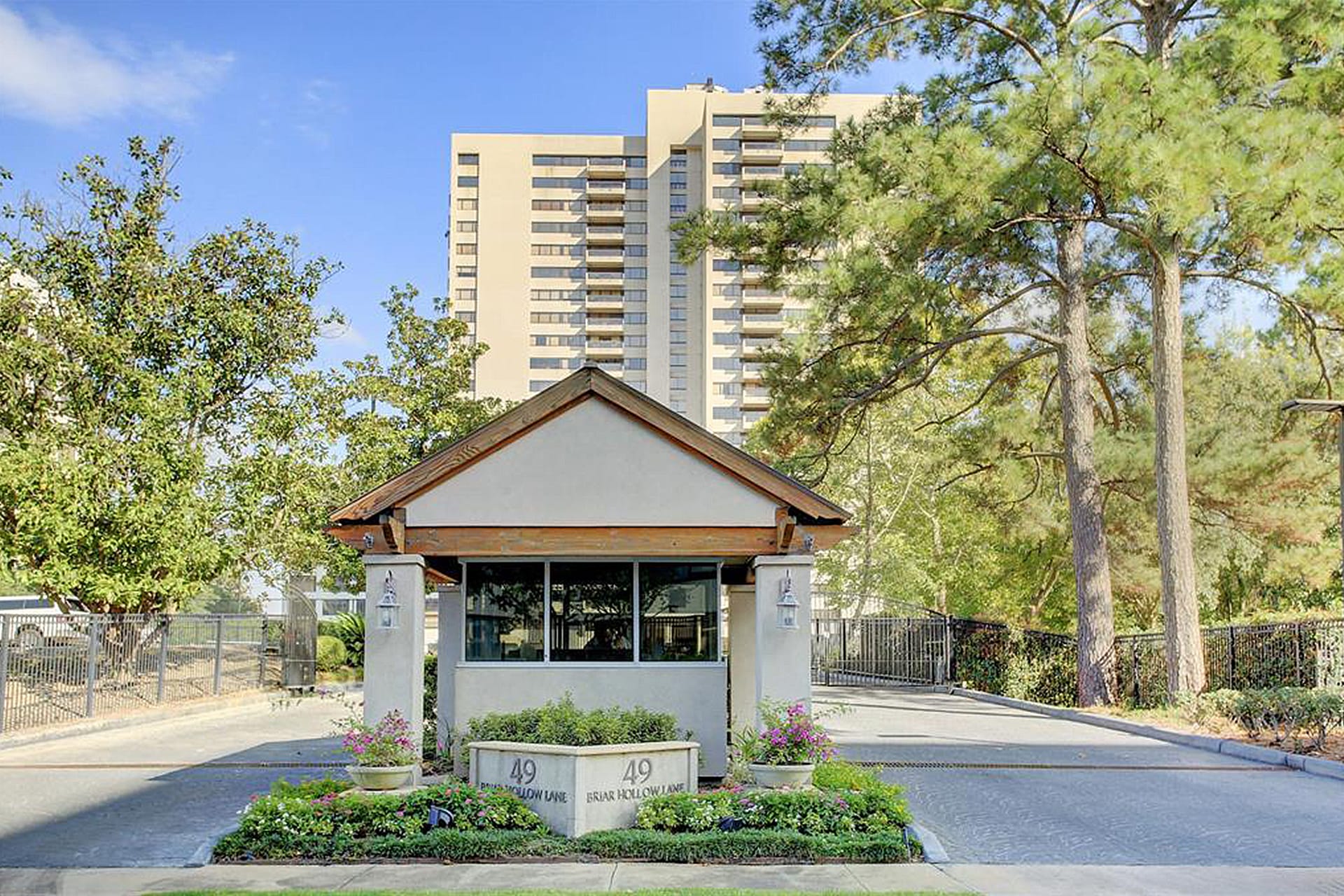How do you feel about HOA community forums? Some people love them, but others dread them. The board bashing, arguments and misinformed posts can be enough to drive any community leader (or member) far away from these platforms. But, online forums can be a safe space to share ideas and concerns – provided there is some oversight. Read on to learn more about HOA forums and how you can start one for free.
What’s the deal with HOA online forums?
HOA community forums are essentially online messaging boards. They are usually created for HOA members. The goal is to have the community share ideas, bring up issues, and connect with neighbors via the forum. Managers or board members can gather more honest feedback, pick up on problems that are impacting owners, and be more proactive about initiating improvements.
Pros
- Owners who may not come to meetings still have a way to connect with neighbors and find important information
- Creators can invite owners to join the forum, making it more secure
- Many forums are easy to set up and free to maintain
- Owners may feel more comfortable sharing thoughts online than in person
- Forums can create a stronger sense of community
- It’s possible to share and archive documents in forums
Cons
- Although HOA forums are not usually open to the public, owners may use aliases when participating. Moreover, old members who no longer live in the development may still have access to the group. Those who feel like they have nothing to lose may be more inclined to post mean or malicious messages
- Debates can get heated. Owners with opposing views can start online arguments and create an unfriendly space for others
- Private information such as codes may be shared on the forum
- Owners might share false information
- Posts from the board or manager could lead to liability
- If the forum is moderated, someone will have to check on the platform regularly
Those who have had negative experiences with HOA forums know that a few people who misuse it can ruin it for everyone else. But if the HOA can appoint a designated moderator, the experience is often more positive for everyone.
Using Facebook to host an HOA forum
Facebook is a free social media platform. Anyone can create an account, and it is very easy to navigate. Facebook has developed significantly since its inception, and now offers many different services and functionalities to users. While people under 45 are still most active on the social media network, there is a significant number of mature users on the platform too.
HOA managers or board members looking to boost community engagement or share ideas with owners can use Facebook to start a private forum. Since most people already have Facebook, it won’t be a challenge to get members to join. Since Facebook is so mobile-friendly, members can even take a look at what’s going on while they are on their way to work or waiting in line to purchase groceries.
Security
Admins have the ability to create a private group which means they have the option to hide the group from the general public. Only those who are invited will be able to find the group. It is also possible to manage members by approving or denying member requests. You can require members to answer a question that only members would know the answer to as a way to verify their identity.
Ability to moderate
Admins can also add admins or moderators. Moderators are strongly recommended as they can approve or deny requests and posts, remove posts, and block members who violate forum rules/policies.
Sharing information that members want to know about
The community can share photos and videos, ask questions, and get to know other members by posting or replying to posts. Admins can also organize posts by topics using hashtags.
Polls
Admins can create polls if they want to measure interest about a topic or idea.
Files/documents
Important documents (that do not contain private or sensitive information) can be uploaded, pinned and archived in the group.

Events
This is a bonus, but admins can create events in Facebook groups. This is a simple way to notify owners of upcoming elections, member meetings or social events.
Remember that the HOA is under no obligation to host a community forum. As such, the admins and/or moderators don’t have to approve every post and can remove members who are misusing the platform. Forums can be very effective in bringing different members together, but it will take work to maintain. Make sure someone can give the time needed to oversee the forum.
Best practices
Prioritize privacy
You wouldn’t let anybody sit in on a member meeting. The same attitude should be applied to community forums. We recommend inviting members, or giving the moderate the ability to screen people before accepting their request to join. That being said, the association may need to send invitations via mail or email to all residents so everybody knows how to find the page.
Another important item that many forget about is keeping the membership up to date. When people move out, the moderator will need to remove them from the page.
Create a policy
The best way to establish expectations and behaviors is to create a written policy. Boards should absolutely have some social media policy in place to define who gets to post, what kinds of posts are prohibited, and why members could be blocked from the page. The policy should also include a code of conduct that clearly states things like “no posting confidential information” or “no derogatory terminology shall be tolerated under any circumstance.” Make it clear that sta if members don’t follow the rules, the board has the right to remove people who have broken the rules.
Post and pin the policy to the group page. This way, no one can say they didn’t know they weren’t allowed to do something that the association has forbidden.
Appoint a moderator
A moderator is practically essential if a forum is going to be operated by the board or association. That’s because if this is presented as the development’s “official page” and someone reports that there’s a big pothole in the road, or if someone verbally attacks another member, the board could be held liable. With someone who regularly monitors the page, slander and defamation become less of a problem.
Typically, a board member acts as the administrator, and the property manager or someone in the community takes on the role of moderator.
Keep things interesting
Members want to be informed, but they are going to lose interest fast if the only posts are of lengthy documents or reminders of an upcoming member meeting. The board could post answers to FAQs, articles that interest HOA members, photos of past events, polls, or questions. Think about what will generate genuine member input/interest.
Don’t engage in forums that are not controlled by the HOA
Chances are that even if your community doesn’t have an official forum, members have started an official group using Facebook or Nextdoor.
Boards and managers are advised to stay away from these pages altogether. The HOA has no control over what is shared in these informal groups, nor can they know for sure if every member actually lives in the community. Trying to correct members, or answer questions here can be tough, and members are more likely to use this group as a place to air their grievances as opposed to a place to have productive conversations. Members can have their own groups, but HOA leaders should avoid participating in them.
Conclusion
Community forums can be a great additional communication resource for HOAs. They can attract members that would not otherwise attend formal events/meetings. Facebook, which is free, can provide managers and board members what an accessible platform to host a user-friendly community forum. Of course, if you are seeking something that offers more security and control, you can always get familiar with Condo Control’s forum feature. Owners and residents can voice their opinions and concerns using a platform that is customizable, and you never have to worry about whether users really belong to the community or not.

























